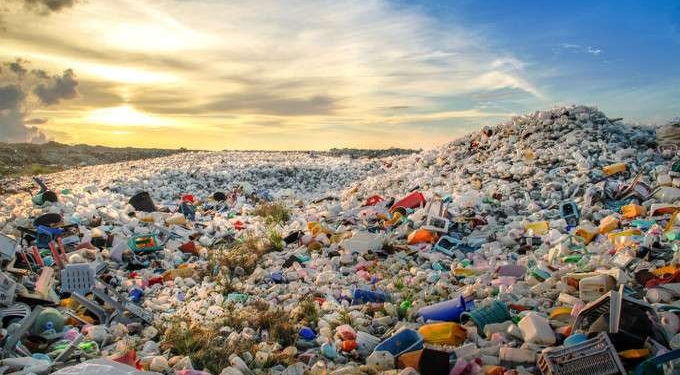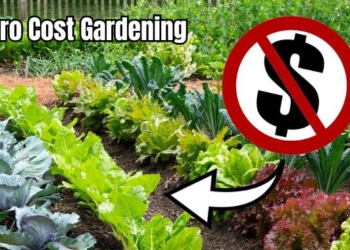
By Dr. Joseph Mercola | mercola.com
Have you ever noticed how much plastic you’re surrounded by? Whether you’re at a grocery store, airport, convenience store or even in your own home, plastic is everywhere — in the form of plastic grocery bags, plastic zip-lock baggies, plastic wrap, plastic containers, plastic packaging and more. From utensils to water bottles, shower curtains and children’s toys, plastic has become a permanent fixture in our everyday lives — but it’s one that comes with serious consequences.
Plastic is made from a number of different chemicals, some of which are known to act as endocrine disruptors. Plastic pollution and chemical absorption are associated with numerous forms of cancer, obesity, neurological, reproductive and developmental toxicities, as well as diabetes, organ malfunctions, and heart disease.
In addition to the harmful ways plastic can affect your body, it’s also having a devastating impact on the environment, 40% of which ends up in landfills while another 32% ends up being mismanaged or illegally dumped. Each year, at least 8 million tons of plastic leak into the ocean. Researchers estimate there are currently over 150 million tons of plastic in oceans today, and by 2050, the ocean will contain more plastic than fish, by weight.
If you aren’t actively doing anything to help reduce plastic waste, you’re undoubtedly part of the problem. There are plenty of ways you can help cut down on plastic usage to benefit your health as well as the environment. Here’s how:
- Use reusable bags for groceries
- Bring your own mug for coffee and bring drinking water from home in a glass water bottle instead of buying bottled water
- Store food in glass containers or Mason jars instead of plastic containers
- Parents — opt for cloth diapers for infants and children’s toys made from natural materials instead of plastic
- Avoid disposable utensils, plates, and straws
- Avoid processed foods stored in plastic bags with chemicals and buy fresh produce instead — make sure the product is not wrapped in plastic
- Look for nonplastic home items like cloth shower curtains and biodegradable pet cleanup bags
- Avoid buying bottled or canned food or drinks — the lining can contain plastic chemicals
- Stop purchasing plastic wrap and plastic food baggies, request no plastic wrap on your newspaper and dry cleaning
- Recycle whenever possible
















